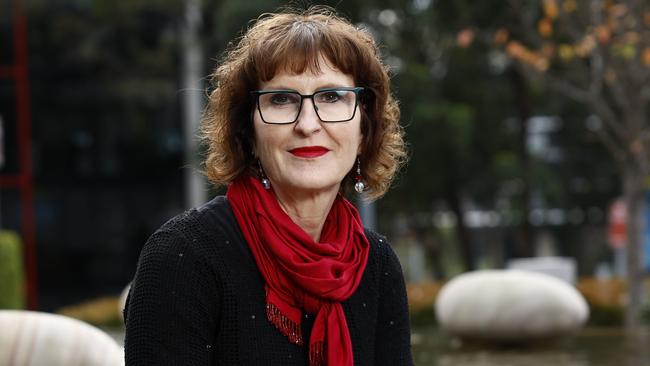Elisabeth Shaw: We need to change how we talk about violence in the home
Every time we describe a criminal act as ‘domestic’ we diminish its severity, writes Elisabeth Shaw. It’s time to change how we talk about violence in the home.
Opinion
Don't miss out on the headlines from Opinion. Followed categories will be added to My News.
We need to change how we talk about violence in the home. In no other situation of violence do we include the context as a descriptor, like a street assault or nightclub assault.
Every time we put “domestic” before the criminal act we diminish its severity.
Research consistently shows that violence from intimate partners is often perceived as less serious, despite it being potentially more terrifying.
While protecting victim-survivor interests, we need to avoid using language that will deter these men from getting professional help.
At Relationships Australia, we’ve heard from men who use violence that they’ve felt reluctant to reach out for fear of judgment.

You might have little compassion for these men but, as a society, we need to ensure their behaviour changes.
That is not about coddling or going soft – it’s about working in alignment with the value of safe, respectful relationships.
We should set standards for reporting and discussing these events in the media.
Instead of “domestic violence”, it should focus on why a user of violence harms others to exert power and control.
We must stop referring to these horrific incidents as something “gone wrong” in a relationship, a result of alcohol and drugs, or mental health issues.
Finally, we need to hold ourselves to account for how we inadvertently minimise this violence and why we do this.
Otherwise, many of us believing ourselves part of the protest can impede the social change we want to see.




